የ9-ወር ሕፃን
የ9-ወር ሕፃን
If it seems like some of your baby's adorable sounds are starting to resemble actual words, you're right!
ዋና ርዕሶች
ዋና ነጥቦች
Your 9-month-old baby’s cute babbling sounds could now be real, live words. And how exciting it is to hear your baby’s little voice say “Mama,” “Dada,” “ball,” “bye-bye” and whatever other words come out of her mouth.
But don’t stress if she isn’t uttering anything understandable just yet. She will, in time. Regardless, this month baby begins to take remarkable verbal strides — mostly in the number of words understood.
If your baby isn’t crawling yet, this is the golden month for getting down on all fours if she’s going to do it. So make sure you babyproof if you haven’t already!
Here’s what else is on tap for your 9-month-old.
Your 9-month-old baby's development
Month 9
Baby’s Development
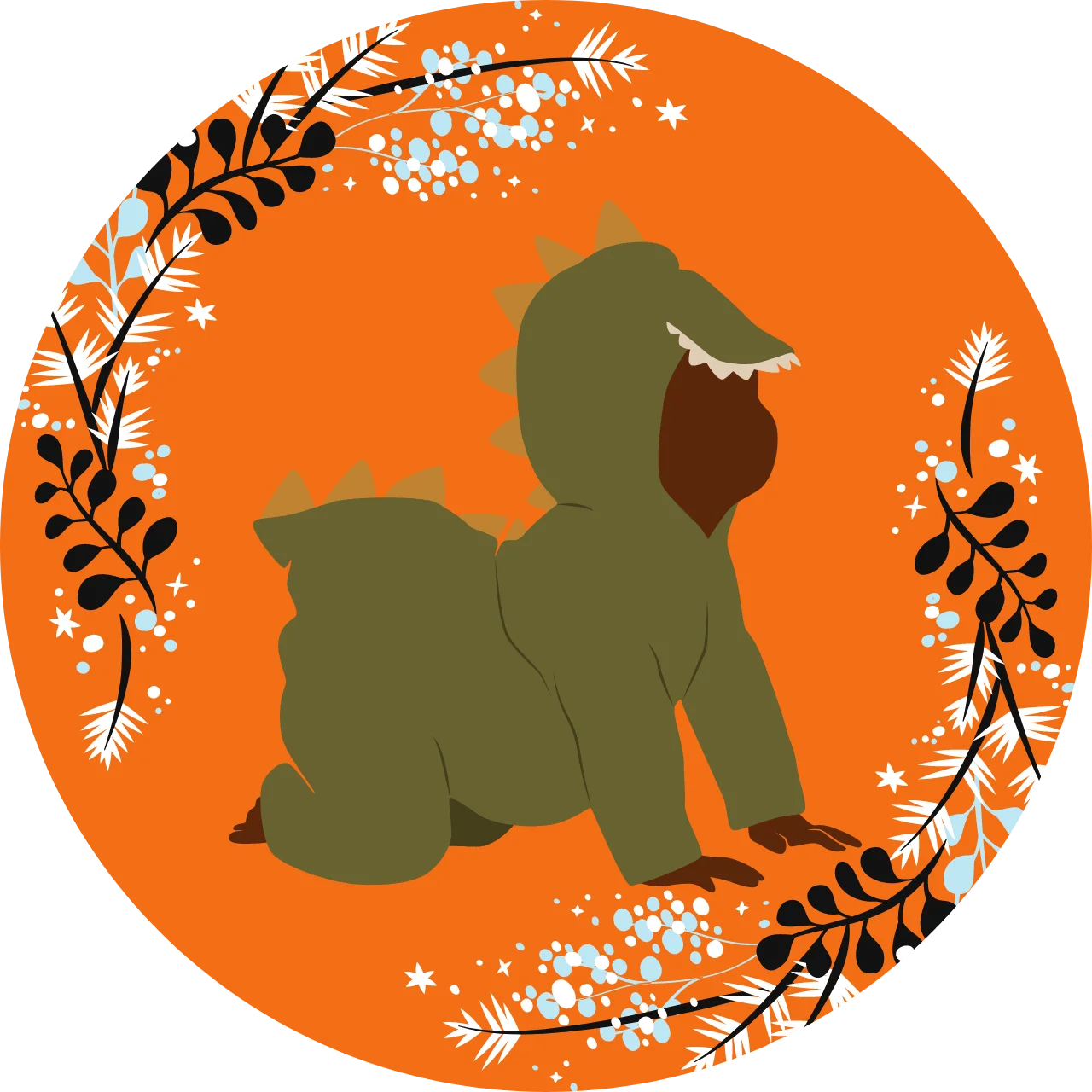
Your 9-month-old is likely crawling, pulling up to standing and maybe even walking holding onto furniture.
Which means it’s a perfect time to bring out the push toys and riding toys — as well as any other playthings that encourage physical development.
Some ideas: play tunnels to crawl through, large balls to roll, and stacks of pillows that baby can climb over.
It’s also a great time to tap into your baby’s creative side by providing musical toys and some baby-safe, age-appropriate art supplies.
And now that baby’s brain is getting more and more sophisticated, she may even be able to respond to one-step commands with gestures (“Give me the cup” with your hand out) or indicate what she wants in ways other than crying.
Baby’s first words may come this month too, if she wasn’t a super early talker, but if they don’t, that’s okay. They will!
At a Glance

Sleeping basics
At this age, babies typically sleep about 11 hours at night (many straight through) and take two daily naps that add up to three to four hours.
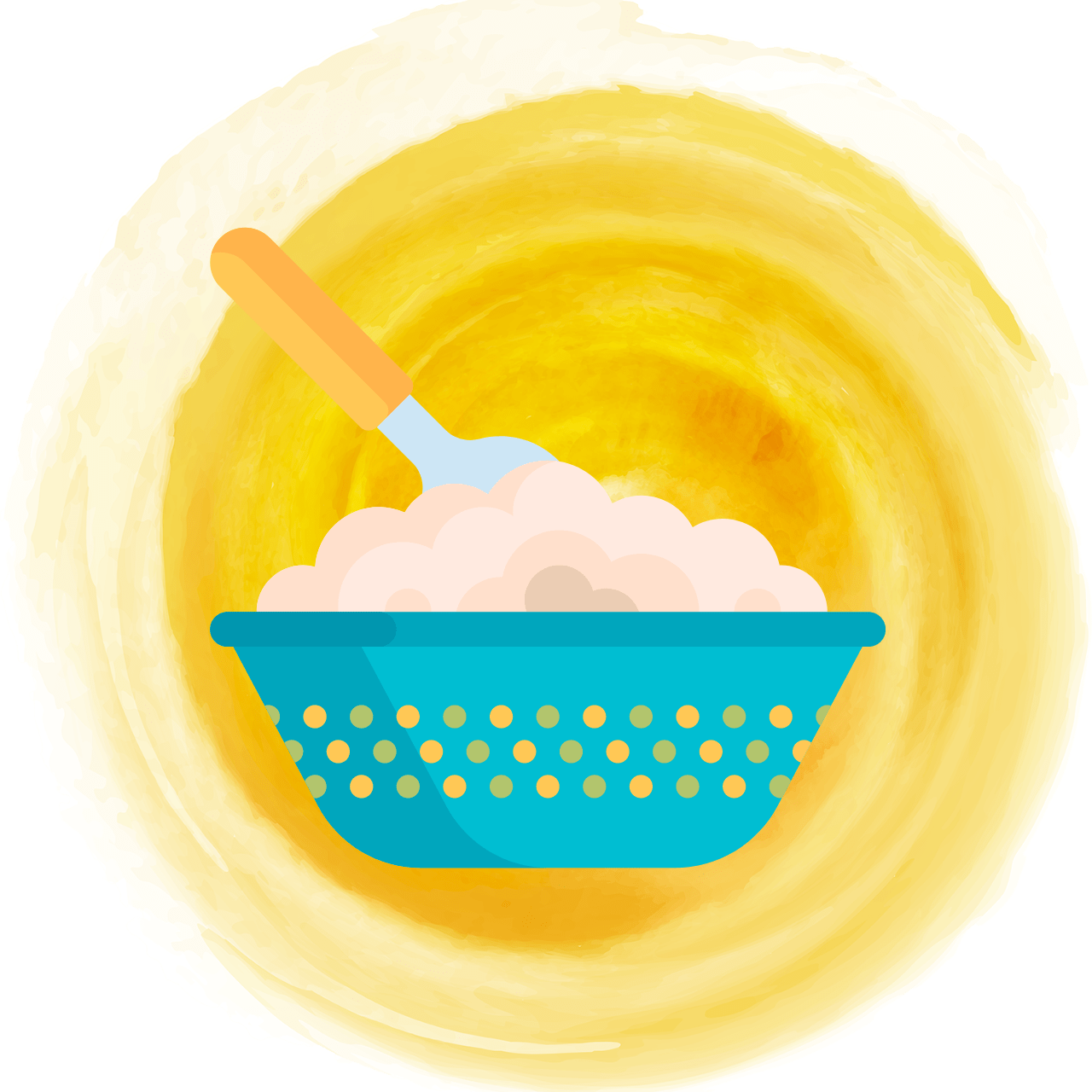
Feeding basics
Baby should eat ¼ to ½ cup each of grains, fruit and veggies, ¼ to ½ cup of dairy foods, and ¼ to ½ cup of protein foods a day. You can still offer 24 to 30 ounces a day of breast milk or formula too.
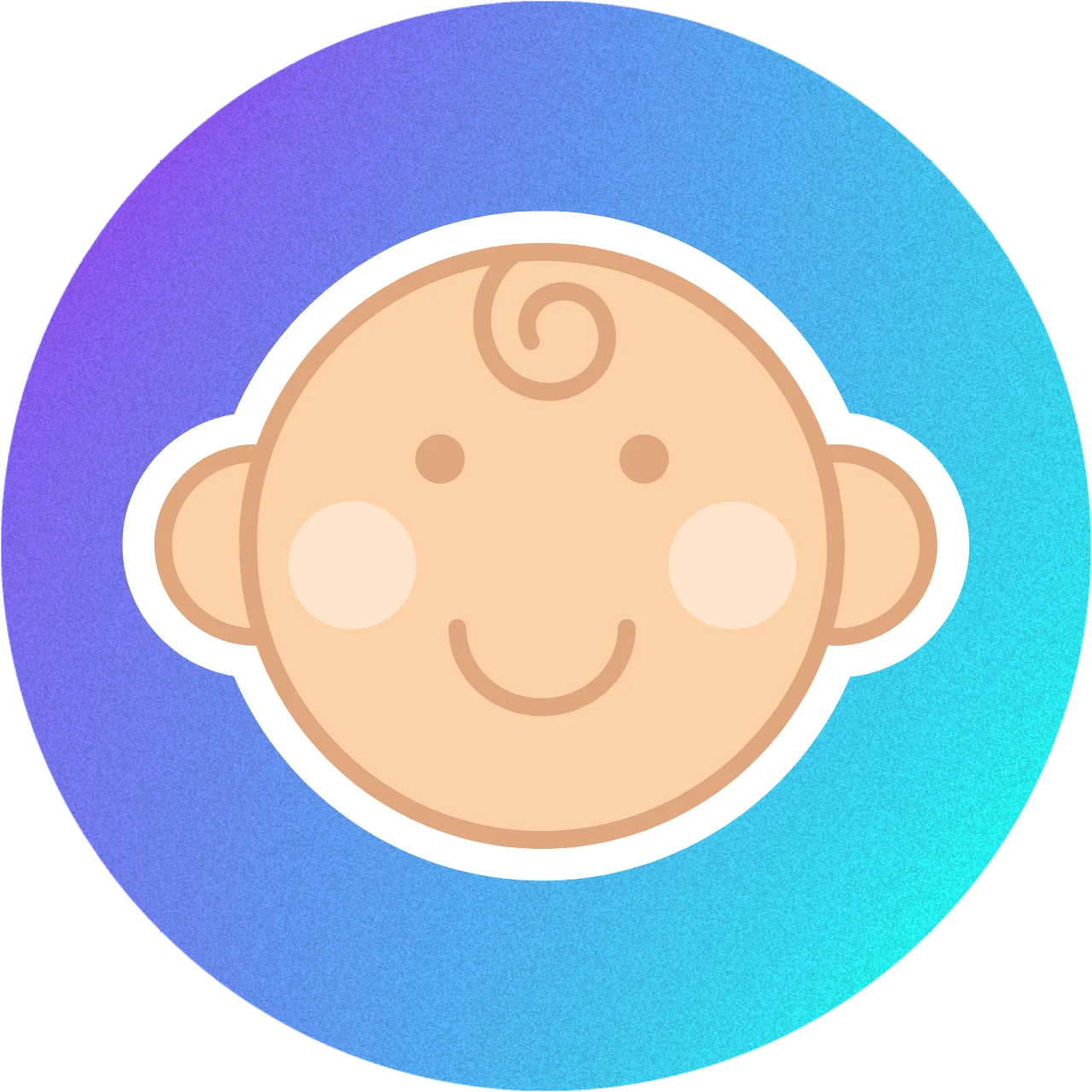
Did you know?
Babies may be able to utter sounds resembling real words and use gestures to show what they want by month 9.
Your 9-month-old baby's growth

Your 9-month-old will probably gobble up around ¼ to ½ cup each of grains, fruit and veggies every day (or up to three times a day if your baby’s a big eater), ¼ to ½ cup of dairy foods a day, and ¼ to ½ cup of protein foods a day.
Is your baby not following these measurements precisely? Not to worry. As long as your little one is gaining weight and following her growth curve (again, it doesn’t have to be exact), there’s no need to get caught up in measurements. Allow your baby to eat to suit her own little appetite.
Speaking of that appetite, there’s a good chance it’s on the uptick this month, and that means snacking should play a supporting role to the three-meals-a-day plan.
But while snacking in moderation is good, grazing (snacking all day with no real meals) is not, since it interferes with playing, socializing time and proper nutrition.
When contemplating healthy snacks, it’s also a good idea to double down on establishing healthy eating habits overall, even now. So be sure to serve up plenty of veggies, fruits, lean proteins and whole grains and minimize the amount of sweet and salty foods.
Your 9-month-old baby's health

The 9-month doctor's visit
The good news about the 9-month well-baby visit is that there are no shots in store for your cutie (unless she has some vaccines to make up from last time or she’s due for a flu shot). So use the appointment to talk with your pediatrician about all your baby’s latest milestones, developmental stages and growth. You should also chat about baby's eating habits and sleeping patterns.

Crawling safety
Along with your baby’s newfound mobility comes the potential for getting into things. So crawl along with her. It’s a great way to get a baby’s-eye view of the world — and see what potential dangers she may encounter. You may notice a choking hazard that you missed before or realize that the edge of the couch is sharper than you thought.

When should baby visit the dentist?
Schedule your baby’s first dental visit within six months of the time she sprouts a tooth or turns a year old, whichever comes first. Expect the appointment to be fairly quick: The dentist will examine your little one’s gums, count her teeth and evaluate your child’s bite.
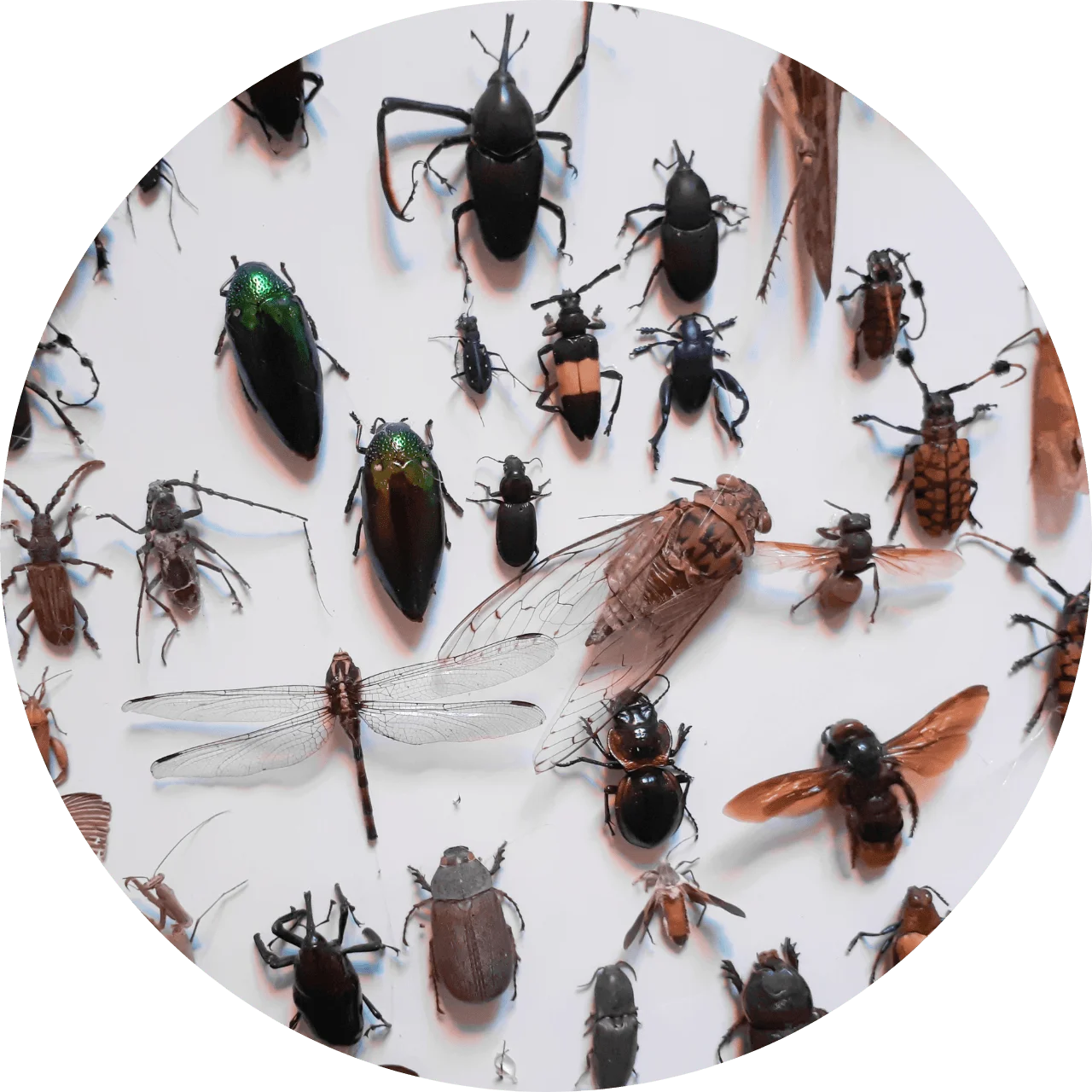
Is insect repellent safe?
Insect repellents come in many forms, from aerosols and sprays to liquids, creams and sticks. For the best defense against biting insects, choose a formulation with 10 percent DEET, which will offer about two hours of bite-free fun in the sun for your baby, or an insect repellent with picaridin.

How to babyproof your house
Make sure your baby’s bedroom and another room, such as the family room, are protected with gates, outlet covers and drawer latches. You can close off other rooms with a baby gate or a door knob protector, but it might be a good idea to pack away precious heirlooms and other fragile valuables until baby is a little older.
Postpartum & new baby tips
Your 9-month-old baby may be able (either now or soon) to use gestures to indicate what she needs and imitate actions she’s seen you do — sometimes even ones she’s seen you do several days before!
If you’ve been teaching your baby sign language, you may soon be rewarded with some recognizable results as she taps those tiny fingertips together to indicate “more” or touches that little mouth to let you know she wants to eat.
Some 9-month-olds even master a delighted clap or a bye-bye wave. (Always a grandparent favorite!)
Your little one is outgrowing some baby rattles and teethers now (those are so yesterday), and moving on to bigger-kid stuff.
Cause-and-effect toys are perfect for piquing baby’s interest at this stage. Watch as your sweetie opens doors, switches levers, pushes buttons, grabs knobs … she’ll love anything she can manipulate and (at least try to!) master.
But that doesn’t mean she doesn’t love Teddy or Blankie too. Many babies adopt a soft pal or blanket (even a cloth diaper can be a cherished lovey!) as a security object around this age. Just remember not to put your little one down for a nap or bedtime in the crib with those trusty, fluffy friends. She’s still too little for it to be safe.
Your baby’s been working on ways to communicate since she was born, and in month 9, she may well add more recognizable sounds and gestures to that bag of tricks.
That adorable jibber-jabber means she’s well on the way to saying real words. Listen carefully and you’ll hear speech patterns that sound more and more like your own words and sentences. Encourage the chatter by responding with enthusiasm and continuing to talk to your baby often.
Remember, she understands far more than she can let on, so don’t be surprised if she soon proves she can grasp a simple command such as “please give me the ball.”
The part of the brain responsible for memory, the hippocampus, is already 40 percent developed and will be fully developed by 18 months. That’s why a typical newborn baby will recognize her parents’ voices and other sounds she has heard frequently from the womb.
More memory tricks: By 1 month, your baby can remember when she’s usually fed and will begin to expect a bottle or your breast at those times. By 4 months, your wee one can pick your face out of many others.
This emerging memory is why setting up routines for certain parts of the day can be so helpful. A bath and book before bed, for example, will trigger the memory for your baby that sleep comes next.
After months of giving that stuffed polar bear the cold shoulder, it suddenly becomes your sweetie’s most cherished possession — she drags it everywhere (or screams if it’s out of sight). Or she chooses a comfort object that you think has questionable comforting abilities (a pointy plastic plane? an old sock?).
No matter what shape the lovey takes, this developmental milestone happens in about 60 percent of babies, often at around 9 months old.
Actually, your baby is showing off those smarts. She’s realized that she and you are two separate people, and as great as you are, you aren’t around every second of the day. So she’s adopted a transitional object to help get through those rough spots when she misses Mommy or Daddy.
Transitional object tip: Have two identical stuffed bears, yellow blankets or pointy plastic planes in case one gets lost or needs to be degunked.
Driving with your baby? If you’re taking a longer trip, make a pit stop when it’s mealtime.
You might lose a few minutes, but it’s much easier than simultaneously dining and driving with a baby. That’s a messy, complicated business, and it’s none too safe to juggle bottles, jars and spoons while you’re hurtling down the highway.
Have you noticed any changes in your little one’s sleep patterns (just when you thought you could count on a schedule)?
Sleep regression is common between months 8 and 10. Several factors may be standing in your baby’s way of getting the solid sleep she needs, including that compulsion to stand — in bed too! — and practice other exciting skills. Speak to your pediatrician if you notice this happening with your little one.
መግዛት ያለባቹ ነገሮች
-
 Reverse Withdrawal Payment">
Reverse Withdrawal Payment">
-
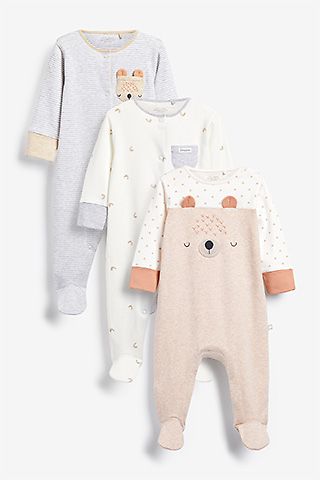 Onesies">
Onesies">
-
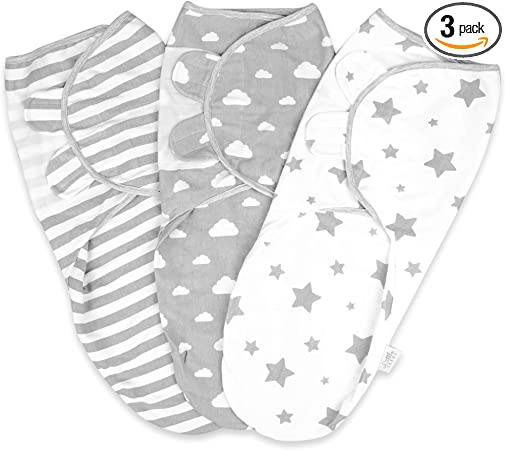 Swaddle">
Swaddle">
-
 Baby bottle">
Baby bottle">
-
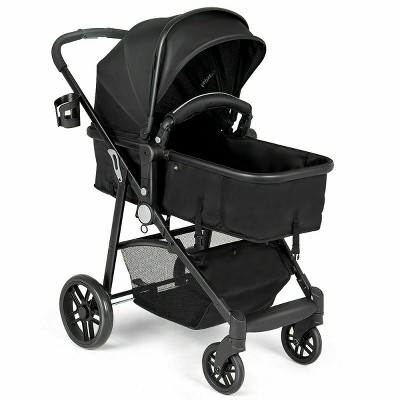 Stroller">
Stroller">
-
 Voyage Yoga Bag">
Voyage Yoga Bag">
-
 Impulse Duffle">
Impulse Duffle">
-
 Fusion Backpack">
Fusion Backpack">
-
 Rival Field Messenger">
Rival Field Messenger">
-
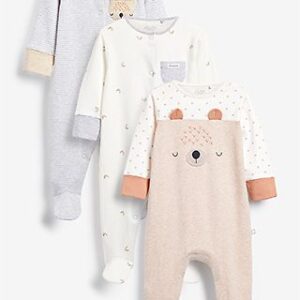
Onesies
Br50.00Add to WishlistAdd to cartAdd to Wishlist -
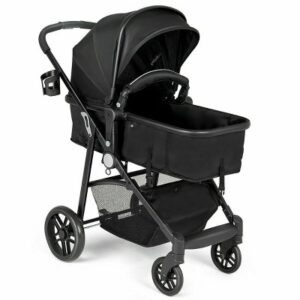
Stroller
Br32.00Add to WishlistAdd to cartAdd to Wishlist -
Sale!

Baby bottle
Br25.00 – Br30.00Add to WishlistSelect options This product has multiple variants. The options may be chosen on the product pageAdd to Wishlist


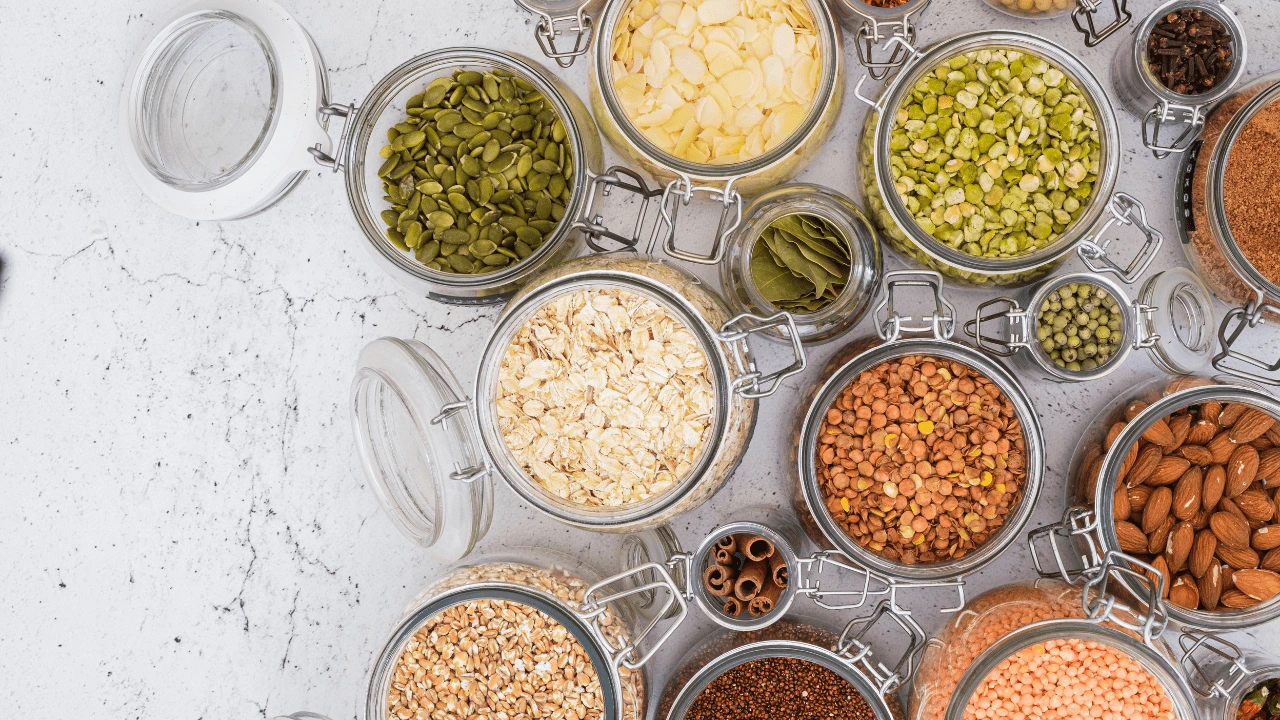
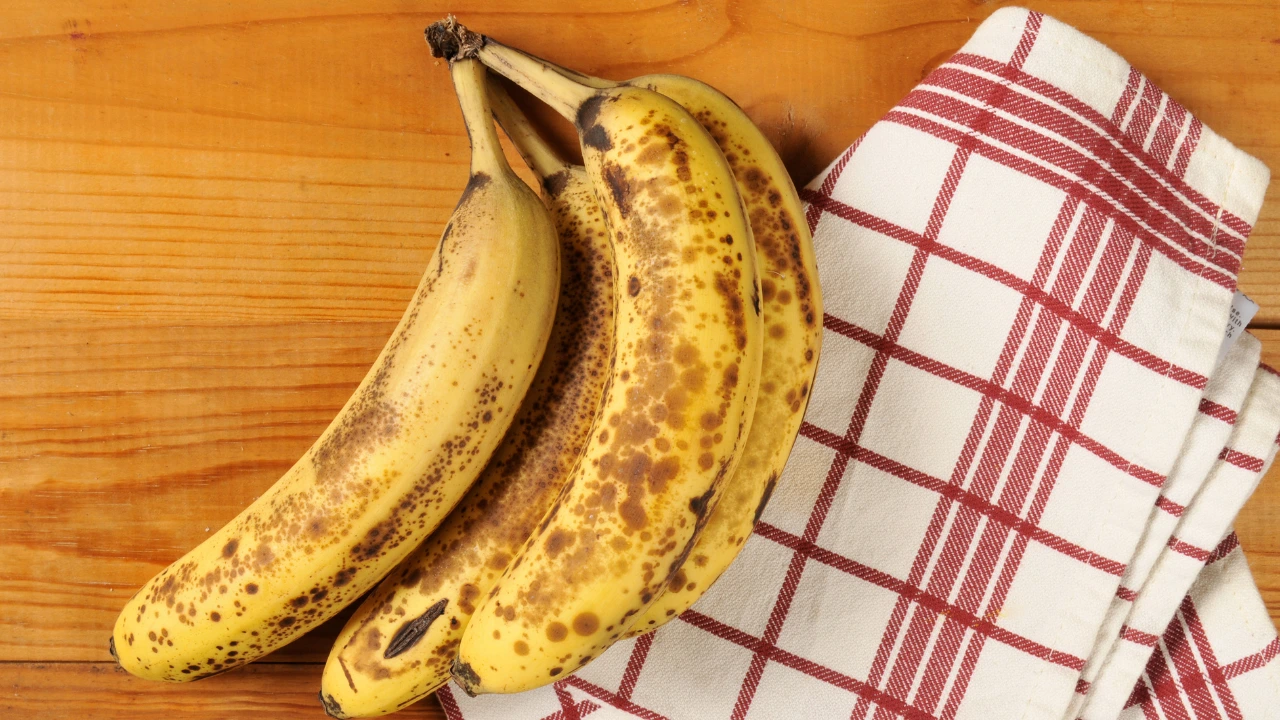
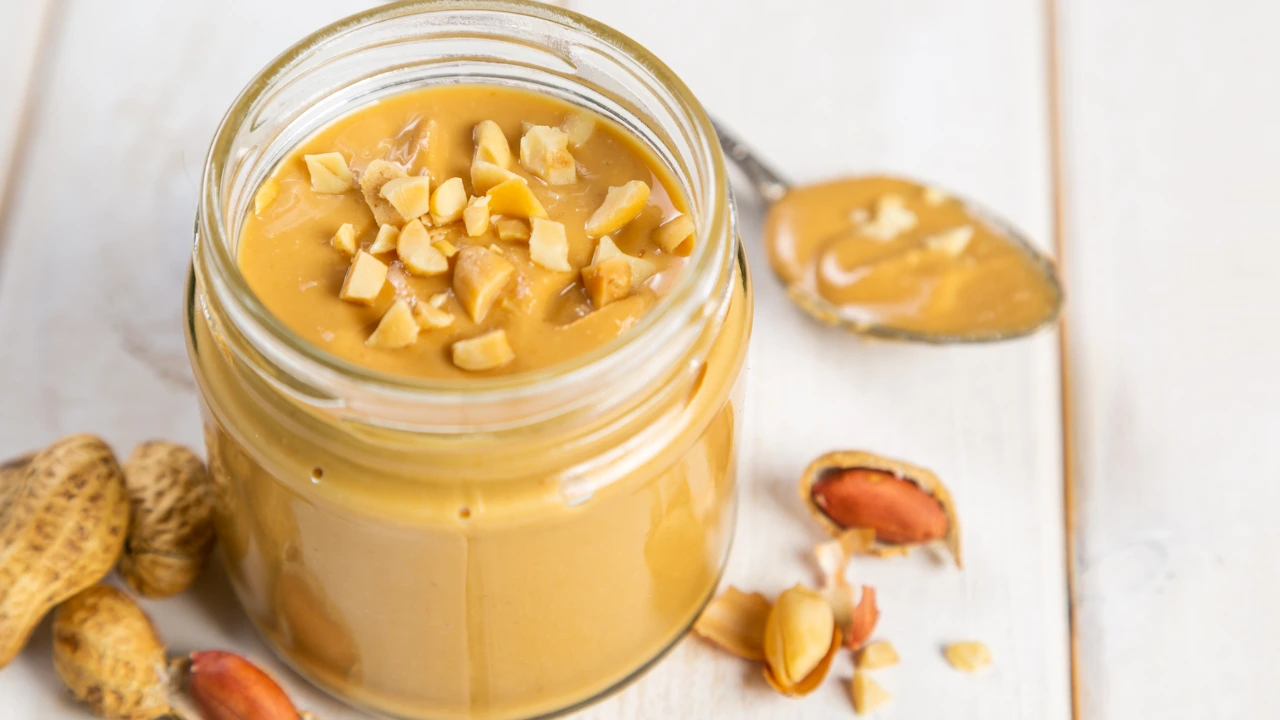
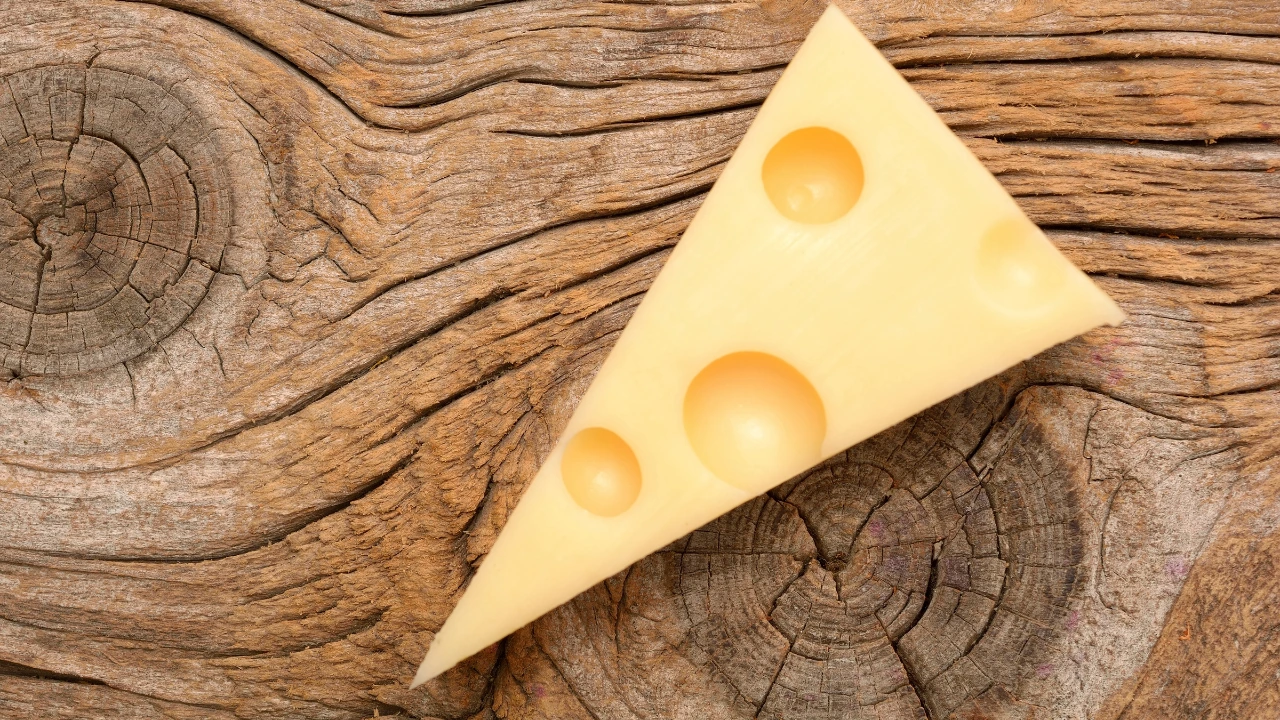
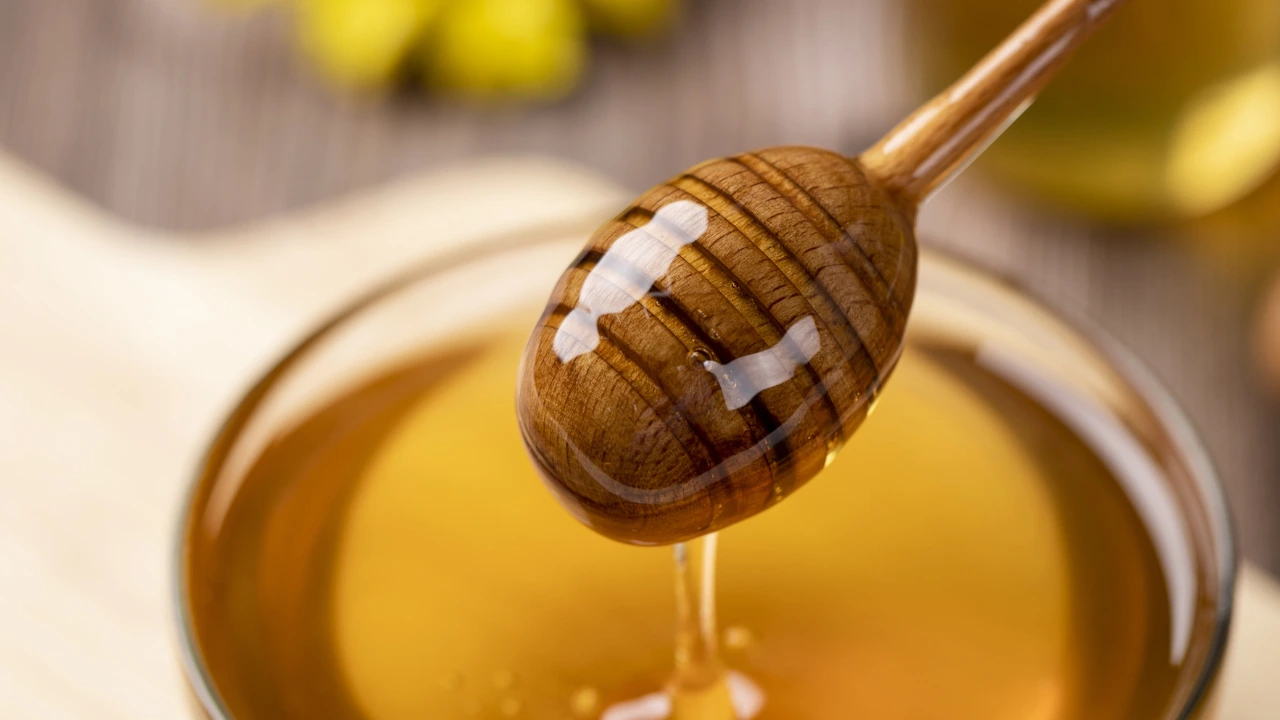
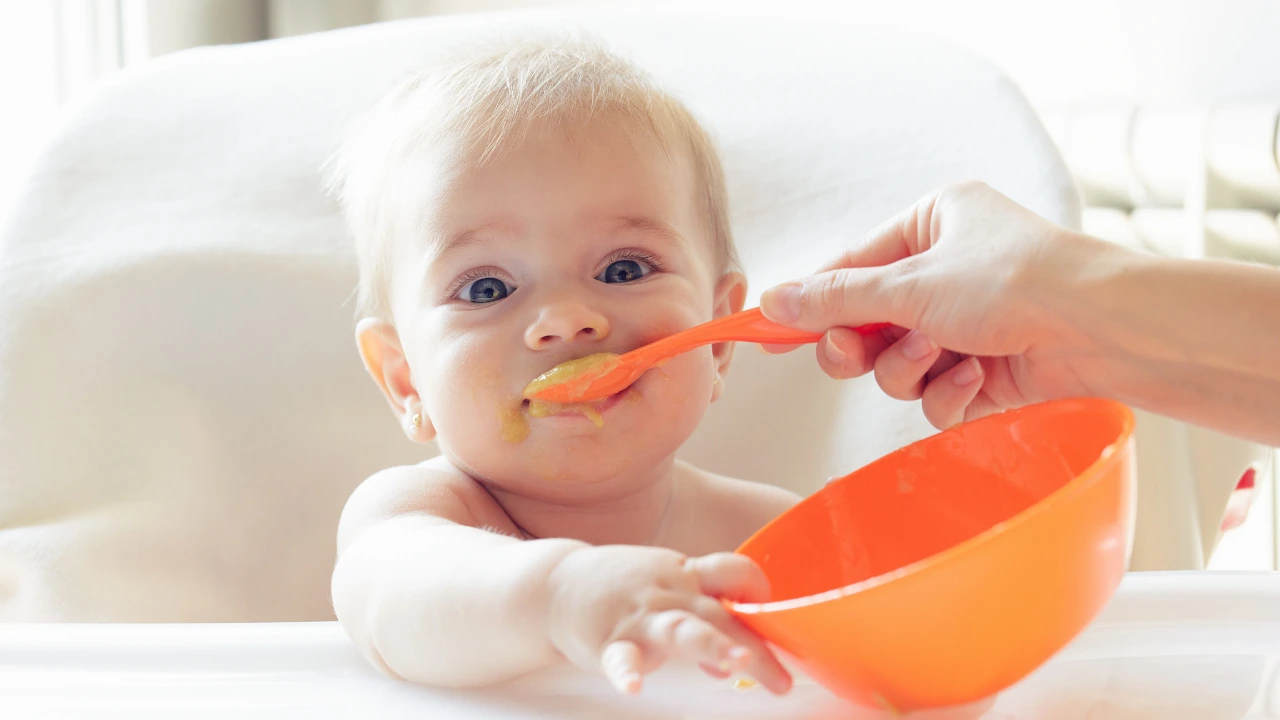
Add a Comment